Monday April 28, 2025
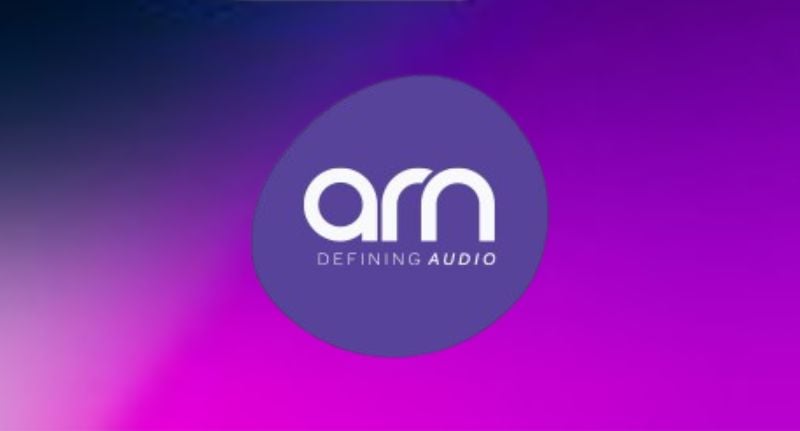
ARN's AI voice creator speaks out on ‘presenter’ Thy as bigger questions remain unanswered
The company responsible for creating the AI voice of ARN ‘presenter’, Thy, has responded to public criticism about the on-air use of artificial intelligence.
Released quietly on the Anzac Day public holiday and posted to the ElevenLabs platform, the AI voice technology company used to create Thy, wrote:
“Thy was created with ElevenLabs’ AI voice technology. She’s based on an ARN Media employee who works in finance and gave consent for her voice to be used. Within an hour of uploading the voice samples, the synthetic version was live.”
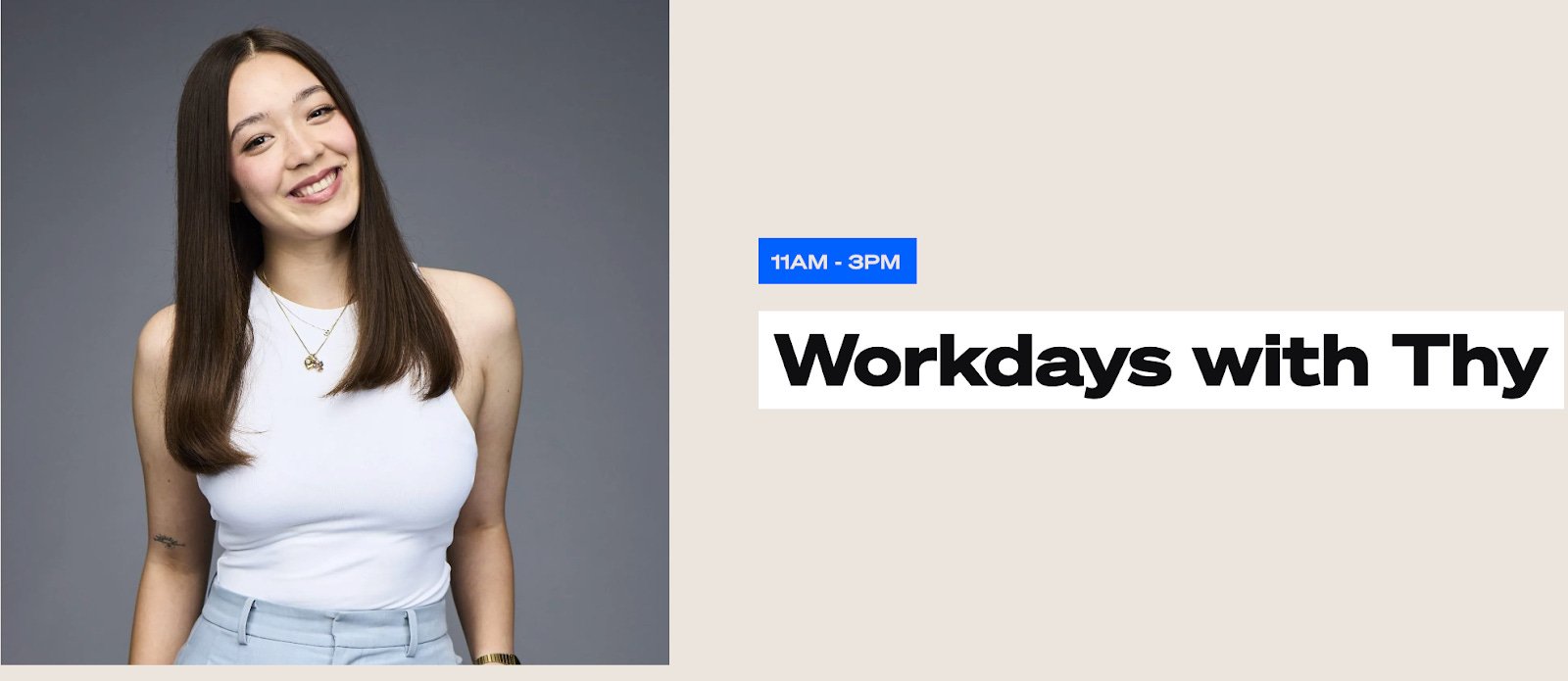
Officially going public
This is the first time there has been public confirmation of how the voice was created, following backlash over Thy’s debut and ARN’s subsequent lack of transparency.
The launch triggered an industry-wide discussion on diversity, consent, and AI’s place in creative audio environments after listeners noticed Thy’s appearance and accent resembled that of a young Asian woman, despite no formal explanation from ARN at the time.
Key questions remain unanswered
ARN are yet to respond to two critical issues repeatedly raised by Mediaweek: whether the employee whose voice was used was paid for her participation, and how the voice and image selection fits into ARN’s diversity practices.
Positioning Thy as a creative experiment
The company says the creation of Thy is part of a broader strategy to explore “new forms of creative expression” through AI, emphasising that it is “not replacing people,” but rather experimenting with more personal, automated listening experiences.
According to ARN, CADA currently reaches around 160,000 digital listeners.
“Thy offers a fully-automated listening experience, powered by our Text to Speech and voice cloning tools,” the statement reads. “She is part of how we’re making radio more personal, without losing what makes it compelling.”
Echoes of earlier deleted comments
The introduction to the release mirrors wording from an earlier public comment posted to LinkedIn by digital, product and technology leader Fayed Tohme which was later deleted.
At the time, Tohme had also described the project as an experiment in personalisation and AI-driven radio engagement.
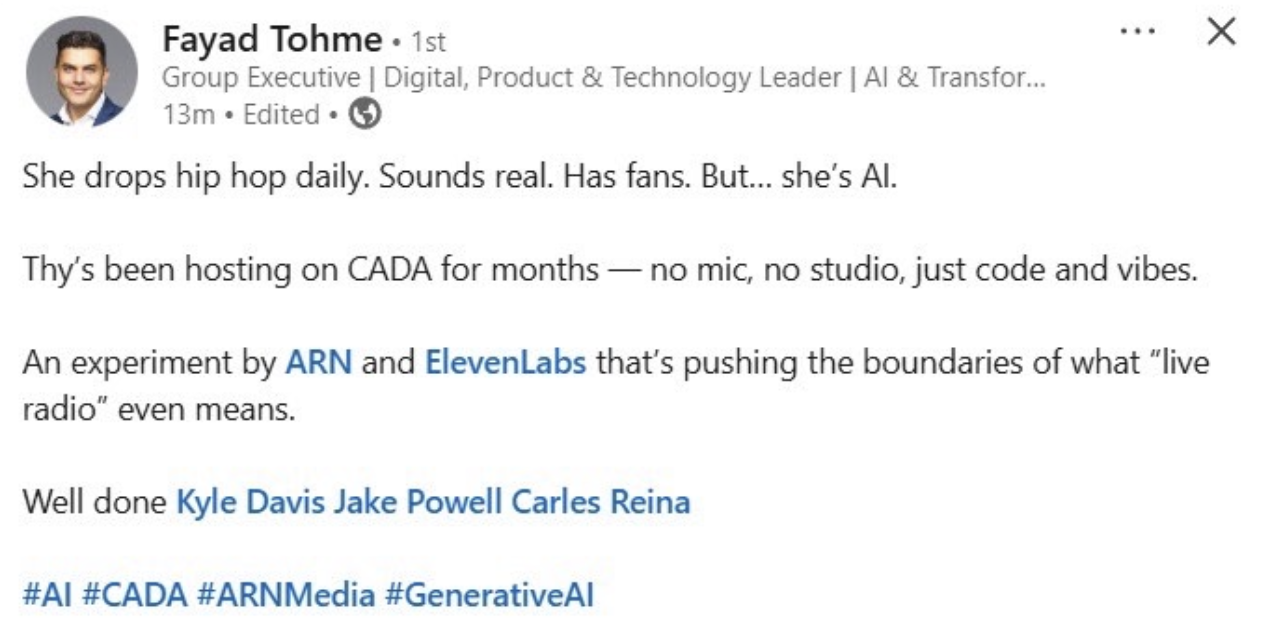
The statement goes on to position its AI initiative alongside other unnamed audio players.
“Audacy uses AI to generate ads and podcasts. Futuri, SuperHiFi and Radio.Cloud are building full-stack automation tools for stations and the number of use cases keeps growing”.
Transparency still under scrutiny
Despite the company’s efforts to shift the conversation toward creative innovation and automation, key questions remain unanswered, particularly around compensation and representation.
For many in the media and advertising community, transparency around how synthetic voices are chosen, paid for, and visually represented is an essential part of ethical and inclusive AI deployment.
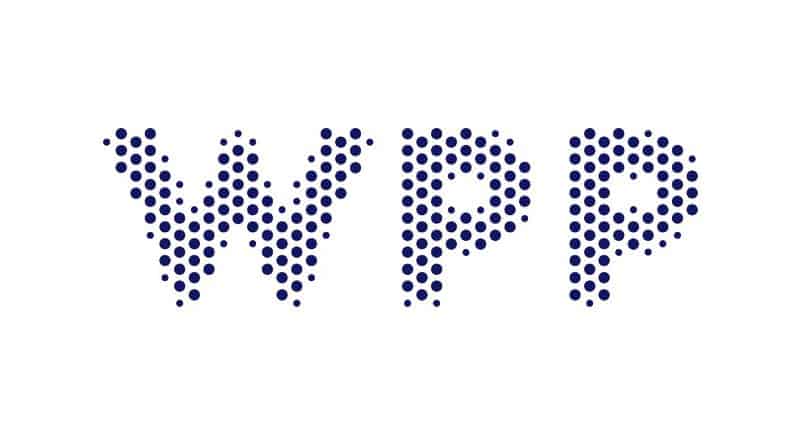
WPP to continue ‘disciplined’ approach after Q1 results
WPP’s Q1 revenue dipped 5.0% YoY to £3,243m and down 0.7% like-for-like (LFL) amid a macroeconomic challenges.
The multinational communications company reported revenue less pass-through costs of £2,482m was down 2.7% LFL, consistent with expectations and guidance given at the preliminary results in February.
While they note elevated macro uncertainty in the near-term, they continue to expect 2025 LFL revenue less pass-through costs of flat to -2% and around flat headline operating profit margin (excluding the impact of FX).
‘We remain agile and vigilant and will continue to be disciplined’: Outlook for WPP
Mark Read, Chief Executive Officer of WPP, had a pragmatic view on the company’s Q1 performance and outlook ahead.
He said: “We continue to make solid progress on our strategic priorities. With the internal focus of integration behind them, VML and Burson are seeing renewed momentum in new business with Generali, Heineken and Levi Strauss & Co important wins during the quarter.
“The acquisition of InfoSum and its integration into GroupM’s data offer accelerates our AI-driven data approach, leapfrogging traditional identity-based solutions. We are also on track with the continued adoption of WPP Open across the organisation with 48,000 of our people (c.60% of client-facing staff) using it in March vs. 33,000 in December.
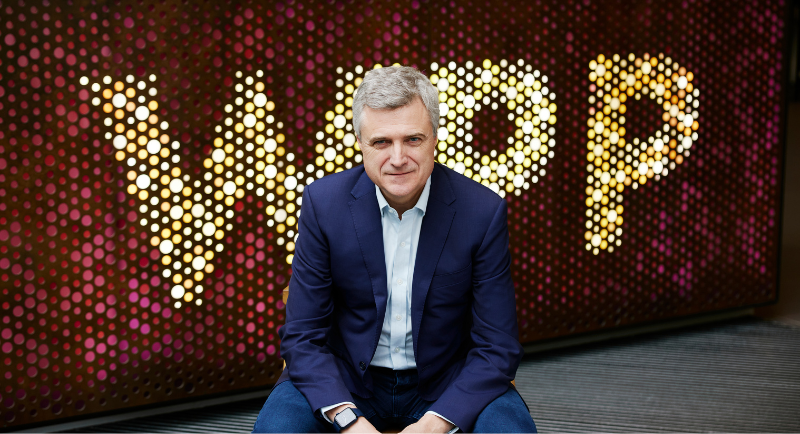
Mark Read: “We continue to make solid progress on our strategic priorities.”
Read added: “Our financial performance in Q1 was in line with our expectations, reflecting macroeconomic challenges and the timing of new business, and we expect these factors to continue in Q2 with performance anticipated to improve in the second half.
“While WPP is not itself directly affected by tariffs, they will impact a number of our clients as well as the broader economy. At this point we have not seen any significant change in client spending and we reiterate our full-year guidance which already reflected a challenging environment.
“As ever, we remain agile and vigilant and will continue to be disciplined on how we are managing our cost base,” Read added.
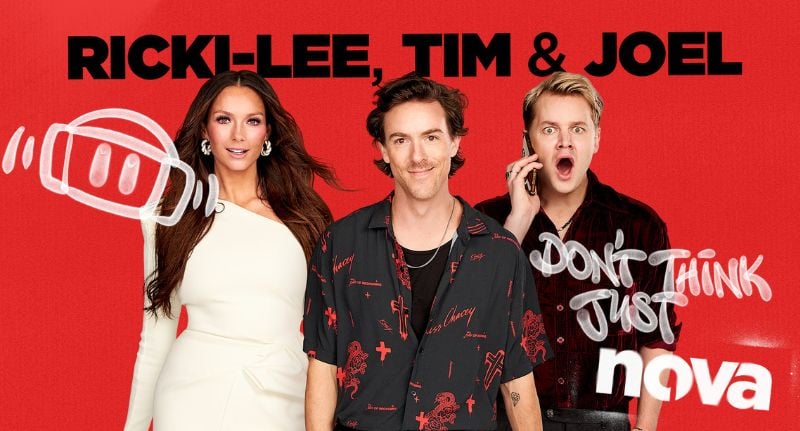
NOVA Entertainment unveils bold new branding with ‘Don’t Think, Just Nova’
NOVA Entertainment has launched a bold new brand platform for Nova FM under the banner ‘Don’t Think, Just Nova’, developed in partnership with creative innovation agency R/GA Australia.
The campaign repositions Nova as a spontaneous and joyful alternative in a crowded and algorithm-driven media landscape, and signals a confident, creatively distinct play to advertisers and media buyers alike.
NOVA Entertainment’s Marketing Director, Troy Pearce, told Mediaweek the rebrand wasn’t about fixing what was’t working, rather, it was about future-proofing a thriving product: “This is one of the most successful periods in Nova’s history. So, when you approach a brand project like this, it’s essential people understand we’re not trying to change it, we’re harnessing what’s already working and sharpening it for the next phase.”
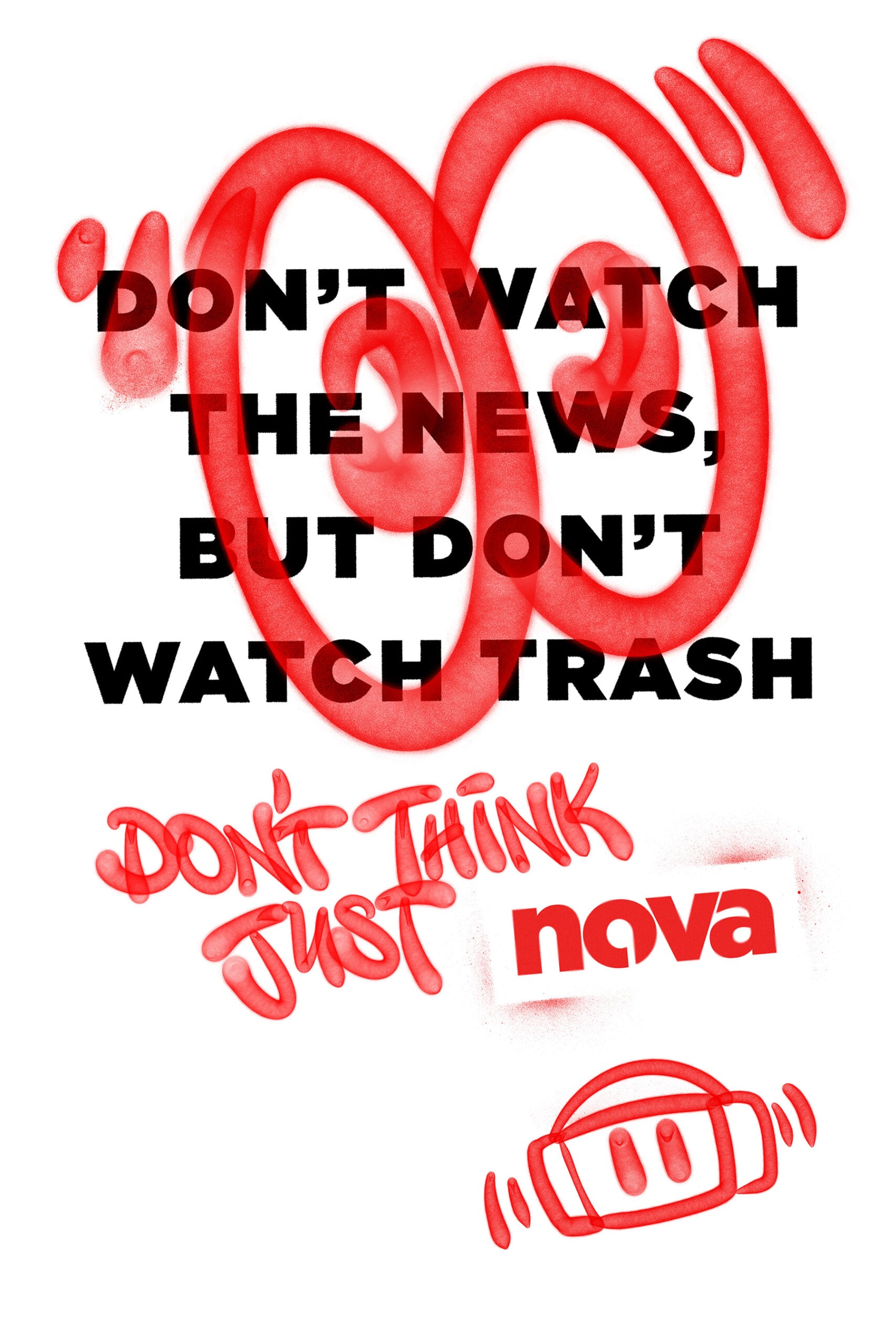
NOVA Entertainment’s new ‘Don’t Think, Just Nova’ branding
Reviving Nova’s challenger edge with mass appeal
At its core, the platform taps into a concept Nova calls a “good surprise”.
So what is a “good surprise”? Well, according to Pearce they are “those unprompted, unscripted moments that live radio delivers best”.
Pearce said idea originally emerged during strategy development sessions with R/GA: “‘Good surprise’ is the most succinct and precise way I’ve seen of celebrating what radio does, and what Nova does best. It’s not a reinvention, it’s a clearer expression of what we already deliver every day.”
He added that the new platform helps Nova re-embrace its original spirit as a disruptor brand, but in a commercially viable way: “We’ve always balanced mass appeal with the distinctive edge Nova entered the market with. Over time, we softened that edge, but this work is about bringing it back in a way that’s liveable and memorable.”

NOVA Entertainment brand film still
A multi-channel strategy built for flexibility and personalisation
Don’t Think, Just Nova is being brought to life through a national multi-channel campaign running across cinema, TV, BVOD, digital, and social.
A centrepiece 30-second brand film, directed by street artist Sofles and developed by R/GA (still featured above), illustrates an inner monologue spinning with overwhelm, until Nova breaks through as a release.
“The brand film is unexpected and quite arresting, especially for a radio brand,” Pearce said. “It reflects our audience’s everyday experience and showcases the authenticity and relatability we’re known for.”
Out-of-home placements are also key to the campaign, with messaging tailored by time, environment, and audience moment.
Creative will appear across large format roadside, transit, retail spaces, gyms, and office buildings. “It’s a one-size-fits-most platform,” Pearce explained, “but the personalisation of the media and creative strategy makes it feel like a custom message for every moment. Whether you’re on a commute or in a gym, the tone of voice is tailored and immediate.”
Authenticity, simplicity and a platform that scales
Pearce said the tagline’s simplicity was a major driver behind its adoption: “Don’t Think, Just Nova reinvigorates our disruptor DNA while tapping into a broad, human truth, the mental overload we all experience. It’s emotive, flexible, and works as a proof point of the product. It just clicked, internally and externally.”
He also highlighted the platform’s long-term utility: “We don’t need to retrofit content to fit this, it’s a quality stamp we can apply consistently. It could be ‘Don’t Think, Just Nova’s Red Room’, plus it can be applied to shows and extensions. It gives us creative consistency while allowing scale.”
Importantly for trade, Pearce said this positioning isn’t about making Nova something it’s not. “We know the love for the Nova brand is strong, our tracking shows we’re leading on brand affection in the radio and audio category. This platform reinforces that for loyal listeners and makes us unmissable for new ones.”
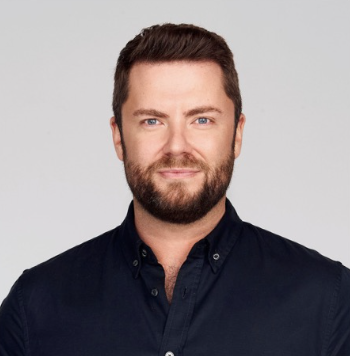
NOVA Entertainment’s Marketing Director, Troy Pearce
No mental load, no clutter … just Nova
For agencies and advertisers, Don’t Think, Just Nova signals a creative and strategic refresh designed for today’s attention economy: a media brand leaning into clarity, cultural relevance, and campaign flexibility.
“We’re not throwing glitter at the brand or overcompensating,” Pearce said. “We’re just showing up in a way that’s authentic to who we are and what our audience expects, the good surprise, every day.”
Credits
NOVA Entertainment
Chief Growth Officer: Adam Johnson
Marketing Director: Troy Pearce
Marketing Campaign Manager: Sara Correia
Senior Brand Designer: Dave MacCue
Creative Innovation Company: R/GA
Managing Director: Victoria Curro
Chief Creative Officer: Seamus Higgins
Creative Director: Drew Singleton
Creative Director: Rachel Blacklaws
Creative Director: Henry Cook
Group Account Director: Josh Agnew
Executive Content Producer: Kyle Belcher
Senior Producer: Sebastian Leat
Executive Strategy Director: Marie Conley
Production Company: Collider
Director: Chloe de Brito
Managing Partner and Executive Producer: Rachael Ford-Davies
Executive Producer: Tom Slater
Producer: Georgia Moraitis
DOP: Lucca Barone-Peters
Editor/Animator: Sam Wickham
Colourist: Marcus Friedlander
Sound: Rumble Studios
Casting: Wayward Casting
Talent: Lib Campbell
Media Agency: Mindshare
Street Artist: Sofles, represented by Blank Walls
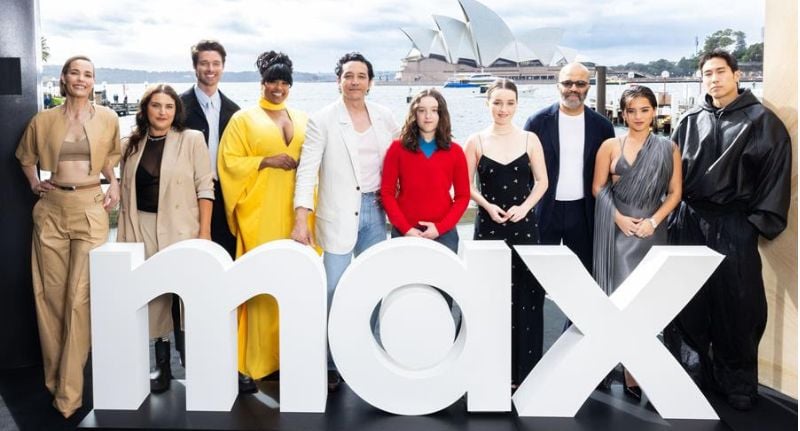
Max off to a strong start with Australian audiences, says Warner Bros. Discovery
Max, the new streaming platform from Warner Bros. Discovery, has made an impressive debut in the Australian market, according to early results shared by the company.
Michael Brooks, General Manager at Warner Bros. Discovery Australia and New Zealand, said the platform’s premium positioning is striking a chord with local audiences. Max launched in Australia on March 31, 2025.
While no figures were shared, Brooks said: “Max has had a strong start since launch. The premium content offer is resonating with Australians and we’re seeing solid engagement across all price plans, demonstrating appetite for the service across different consumer groups.
“The ad supported proposition is also proving popular with high interest from clients across several sectors.”
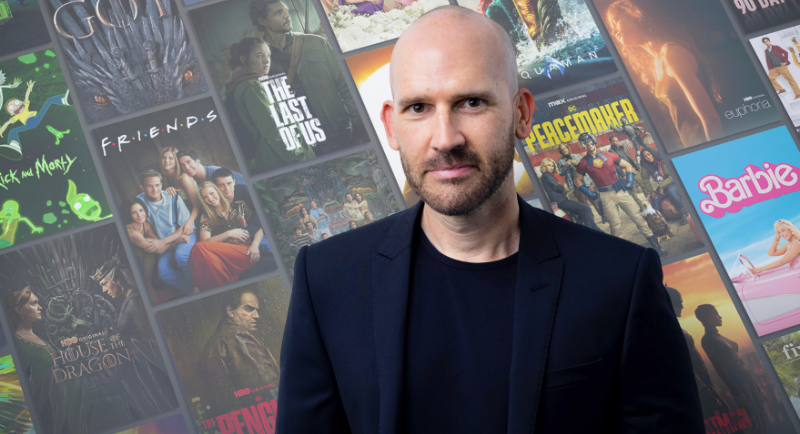
Michael Brooks
The service’s deep library of HBO content has been a major driver of engagement, with blockbuster series quickly becoming audience favourites.
“HBO content has always been incredibly popular here and is driving strong viewership, with The Last of Us currently the most watched title on the service. Other top performing titles since launch include The White Lotus, Game of Thrones, Twisters, The Pitt and The Big Bang Theory,” Brooks said.
The strong early performance of Max is a significant moment for Warner Bros. Discovery in Australia as it competes in an increasingly crowded streaming landscape, where brand strength and content depth are critical to winning and keeping subscribers.
While in Australia for the launch for Max, president of Warner Bros Discovery for the APAC region, James Gibbons told Mediaweek, the next phase of Max would be to add local content to the slate.
“Our sweet spot has to be premium storytelling. That might be scripted or unscripted, but the quality perception must align with what HBO has done with Game of Thrones, Euphoria, or The White Lotus. Whatever we produce locally has to fit that definition.”
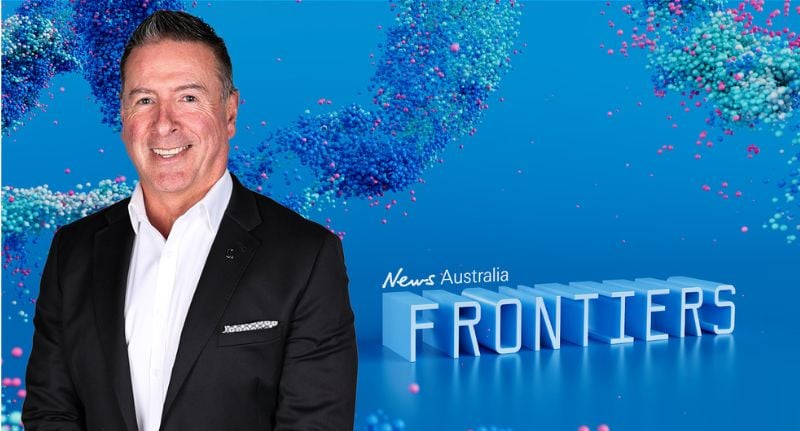
‘Frontiers’ of growth: Ian Paterson on leading News Corp Australia’s sales revival
When News Corp Australia (NCA) launched its latest Frontiers program, it did so with a clear objective: to demonstrate how media can amplify creativity, drive brand growth, and become a true multiplier of business outcomes.
This initiative, now in its fifth year, goes beyond the transactional, aiming to position NCA as a key influencer of client outcomes through meaningful solutions, thought leadership, and collaborative innovation.
This year, Frontiers is exploring the powerful concept of “Media as the Multiplier”, a nine-month study delving into global best practices for accelerating brand growth.
The central question posed: Can brands achieve an unfair share of growth and impact without needing an unfair share of investment?
The program promises evidence-led strategies to shift brand focus towards creating new demand and leveraging media to amplify creativity, driving distinctive differentiation and lasting relevance.
And that’s precisely the environment Ian Paterson stepped into as General Manager of Client Partnerships when he joined NCA around six months ago.
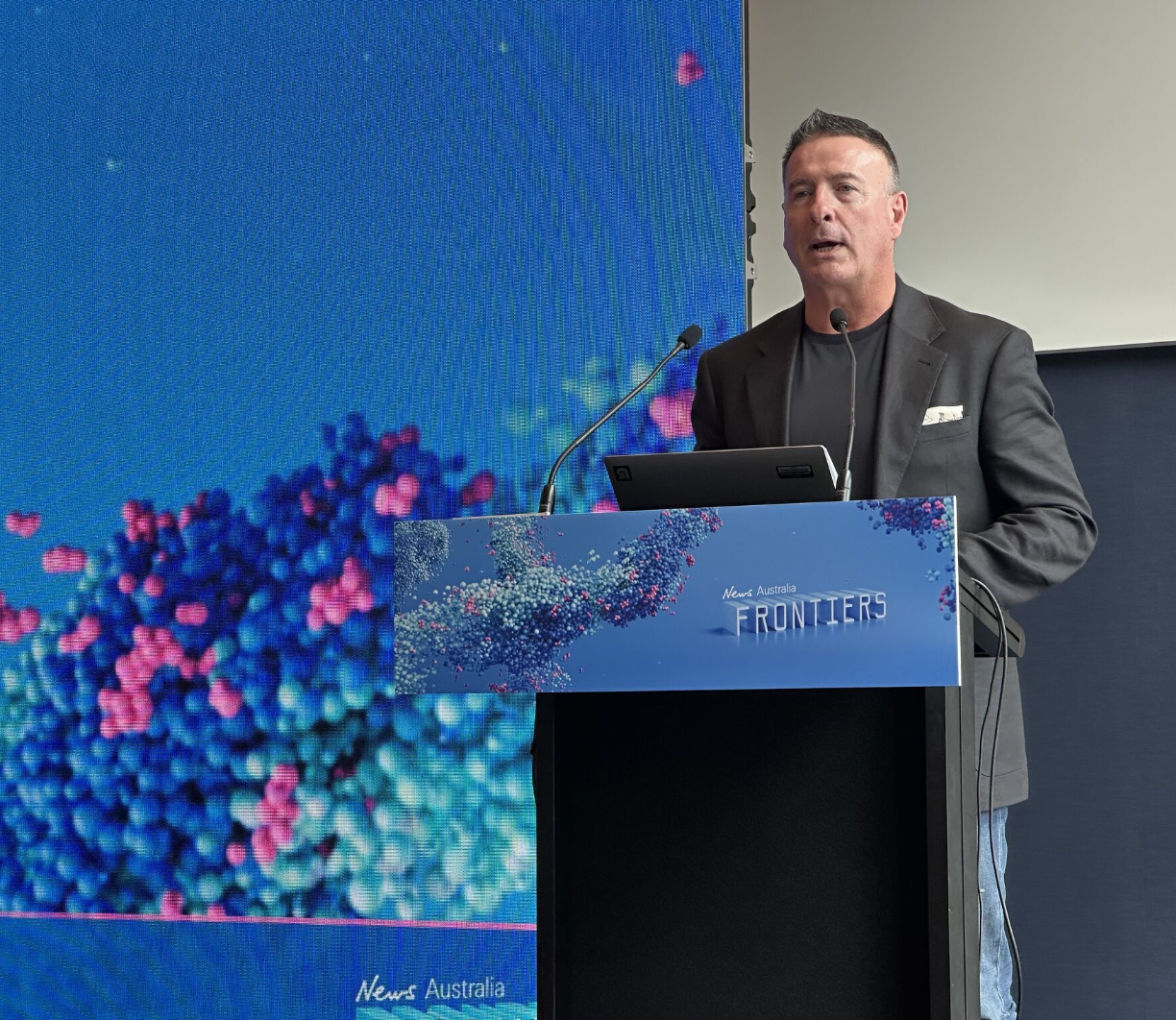
Ian Paterson presenting at the NSW Independent Agencies Frontiers 2025 event.
Honesty and opportunity in agency relationships
When Mediaweek asked Paterson about his take aways from his first experience with Frontiers, he noted how shocked he was by the honesty of agencies gathered.
“I was surprised by how these agency guys were willing to talk honestly about exploring opportunities,” Paterson said.
“There was a level of trust and intent in the room that was incredibly encouraging.”
Paterson noted the collaborative energy during the workshops, and how it marked a shift in perception: “You could just see that they could now recognise, after spending a few hours with us, that there’s a bit more, in some cases, a lot more, behind the NCA brand. There’s a genuine opportunity to leverage our business against the interests of their clients.”
Listening first, then leading
Paterson’s first six months have also involved a deep dive into the existing strengths of NCA’s commercial operations.
“I did a lot more listening than talking at first, and that was key. Any good strategy is built on three things: analysis, formulation, and implementation. I wasn’t trying to do too much too early,” he revealed.
With a remit to galvanise the NSW sales team, Paterson said the immediate need was to unify and focus. “The team were looking for leadership, someone to stitch it together, bring them closer, and provide a Northern Star.”
From that foundation came a clear business plan anchored in three growth pillars: people, clients, and revenue.
Paterson explained: “One was people growth, the second was client growth, and the third was revenue growth. And honestly, if we can get the first two right, we give ourselves a much better chance of achieving the third one, the right people in the right roles with the right level of capability. And growth for the client is about engagement as much as it is understanding their needs and how we can plug ourselves into that.”
Paterson added that if the media juggernaut could “get the first two right” then they would “give ourselves a much better chance of achieving the third”.
Innovation in action
Paterson’s leadership coincides with a strong run for NCA, with initiatives like D_Coded, the company’s digital upfronts, shifting the conversation from simple reach to engaged reach.
“We’ve started to move from reach metrics to views per user. That shift towards intent-based engagement is critical,” he said. “It’s not just innovation in product. It’s innovation in behaviour, in packaging, and in leadership style.”
He also pointed to Tubi as a growth engine: “It plays directly into our ‘screens for all Australians’ strategy. The AVOD and BVOD markets are now worth more than $440 million and growing. Tubi allows us to reach a unique audience, half of whom don’t consume any other mainstream BVOD platforms.”
Empowering people for collective success
Leadership is where Paterson sees his greatest impact, and greatest responsibility.
“I want our people to feel safe, empowered, and motivated. In a world of transformation, they need to know it’s okay to fail. Because in the shadow of failure, you learn the most.”
When asked about his leadership philosophy, Paterson didn’t hesitate: “If someone asked me the three most important things in business? Leadership. Leadership. Leadership.”
At a basic level, Paterson describes himself as “a values-driven leader who prioritises people above all. I’m keen to see people and make them feel empowered”.
He believes that clear communication and a shared understanding of the plan are paramount: “I think one part of the answer, and there is no single answer, but part of the answer lies in making sure that we have a plan. Number two, we communicate that plan well. Number three, and this is a big one: make sure people understand where they fit into the plan and ensure that the plan is backed by management.”
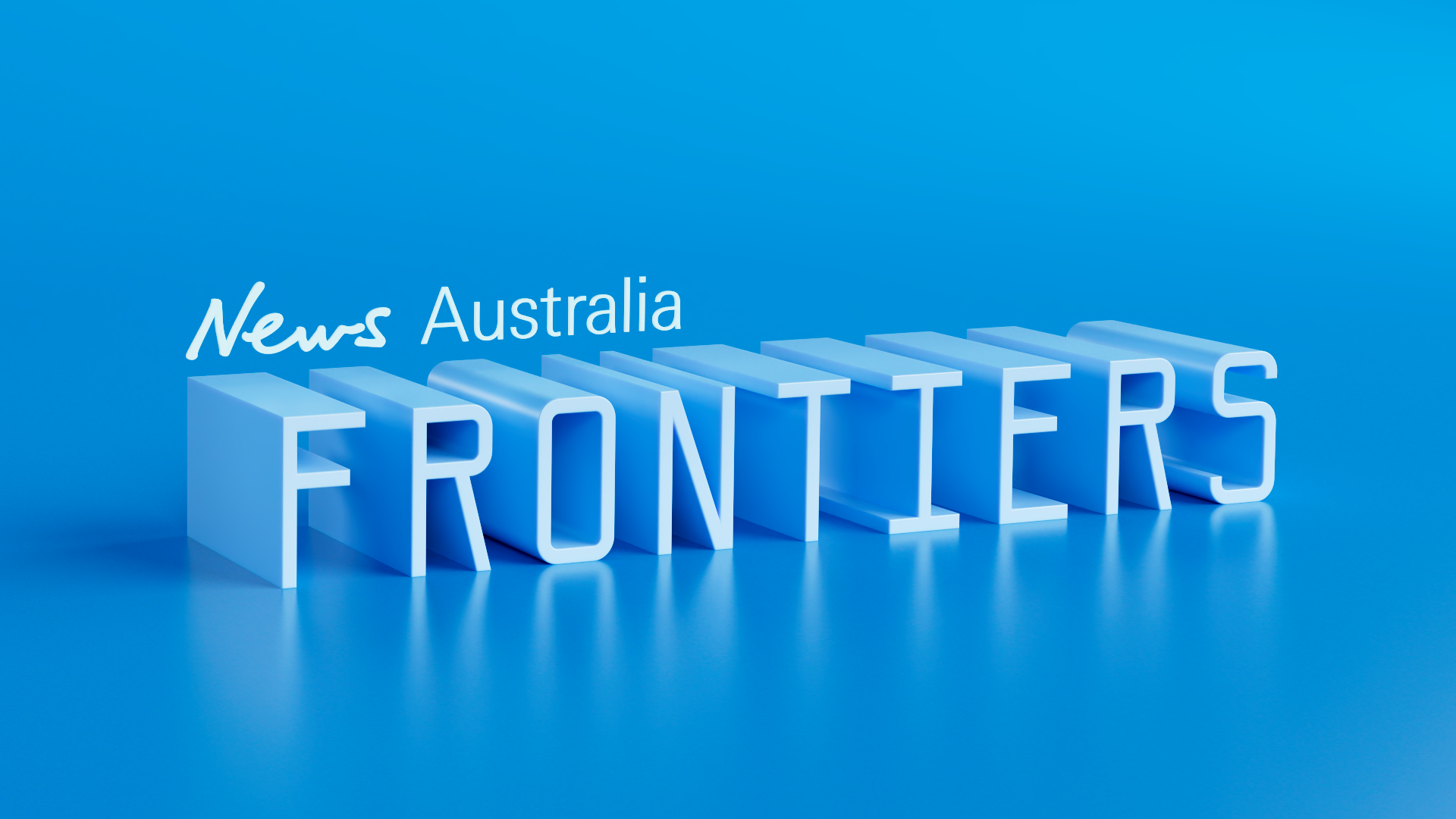
Frontiers logo
What’s next
As NCA continues to evolve its offering, Paterson’s team will remain focused on high-value conversations and meaningful client outcomes. The path ahead is grounded in clear communication, smart collaboration, and the belief that when people feel empowered, performance follows.
As for any advice Paterson can bestow upon upcoming leaders in the industry: “Don’t just show up, turn up. Drive your own agenda. That’s when you stop chasing metrics and start realising potential.”
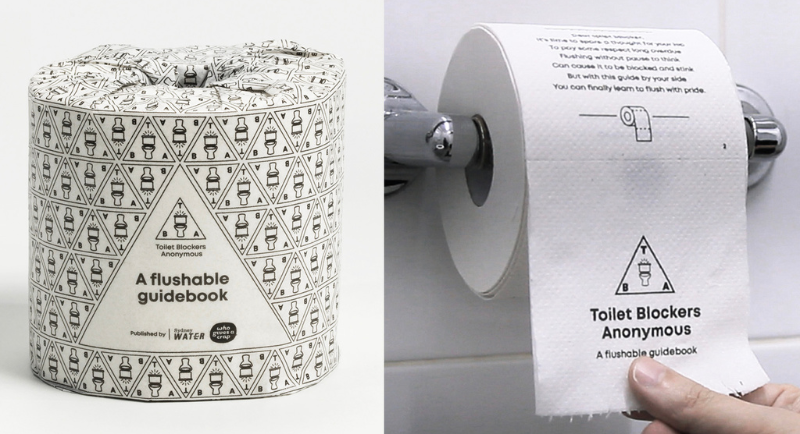
Sydney Water tackles toilet blockages with the ‘Flushable Guidebook’ via It’s Friday
Sydney Water and creative agency It’s Friday are tackling the growing crisis of blockages that costs the utilities company $27M a year with a Flushable Guidebook.
Continuing the momentum of the 2024 Toilet Blockers Anonymous campaign, is the solution a self-help guide with a cheeky twist – world-first ‘Toilet Blockers Anonymous – Flushable Guidebook.’
The guide, created in partnership with eco-friendly toilet paper brand Who Gives A Crap, is printed directly onto loo rolls with each sheet delivering a humorous but educational reminder of what not to flush down the toilet, from dental floss to hair… and even golf balls. The roll ends with a final pledge to stop blocking habits for good.
“We needed a way to grab people’s attention where it matters most—literally in their bathrooms,” said Tim Barrett, Digital Marketing Manager at Sydney Water. “Blockages are expensive and entirely preventable. This campaign delivers an unforgettable reminder right where behaviour change happens.”
Vince Lagana, CCO, It’s Friday, added: “Humour has the power to drive real change, especially when it meets people in everyday moments. By turning a roll of toilet paper into a scroll of knowledge, we’re flushing out bad habits—one sheet at a time.”
To make the message impossible to ignore, the campaign landed straight in bathrooms across Sydney. Led by plumber influencers, such as @SydneyPlumberChick, plumbers across Sydney hand-delivered guidebooks during real-life toilet unblocking visits—catching, but also helping, culprits red-handed.
By reaching Sydneysiders where it matters most—their bathrooms—Sydney Water hopes to flush out bad habits and keep the city’s pipes flowing freely.
Credits
Client: Sydney Water
Elise Barker, Head of Brand, Media and Marketing
Tim Barrett, Digital Marketing Manager
Shelley Lewis, Marketing and Events Lead
Chriss Mikhael, Senior Marketing Advisor
Nick Plunkett, Digital Marketing Lead
Creative Agency: It’s Friday
Grant McAloon
Mariah Ferrer
Claudia McInerney
Neil Walshe
Benn Sutton
Photography and Videography: Adam Eden @Eden Studios
Studio Director: Rachel Lounds @Eden Studios
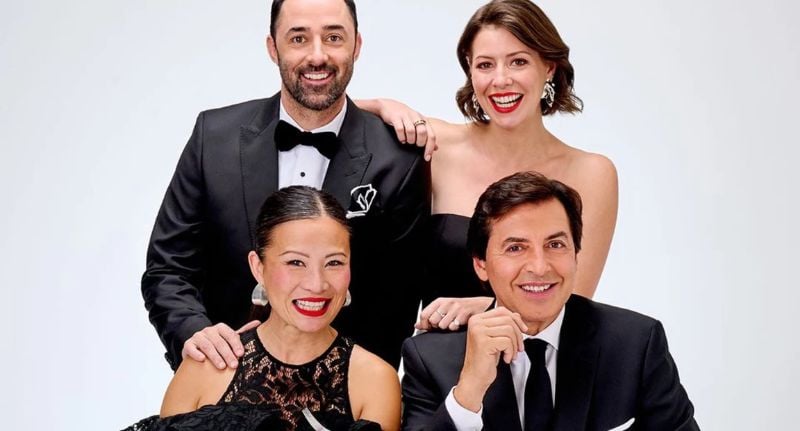
MasterChef ‘Back to Win’ 2025: Serving dishes, not drama
If you want to know anything about MasterChef Australia (and any season at that) just ask Marty Benson.
Benson, who is the Director of Content at Endemol Shine Australia, has been at the helm of the Australian incarnation of the global reality TV juggernaut since it first hit screens in 2009.
Now entering its 17th season, the franchise continues to evolve, without losing sight of the ingredient that’s made it such a long-running hit: integrity.
“For us, the 2025 season exemplifies everything MasterChef stands for, especially its most important drawcard in an era of reality formats dominated by conflict: fairness,” Benson told Mediaweek. “We eliminate dishes, not people.”
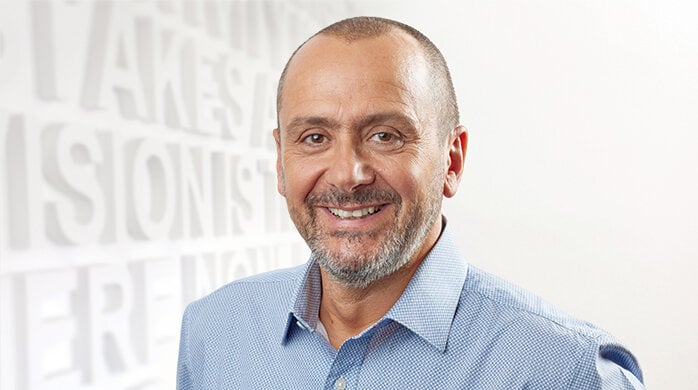
Endemol Shine, Director of Content, Marty Benson
A format that keeps evolving… carefully
While minor format tweaks have helped keep the show fresh, the core philosophy remains the same. As Benson puts it: “At the end of every season, no matter how successful it’s been, we ask: what can we do to make the show even better?”
That attitude extends beyond set design or mystery box contents. “It’s a cooking competition. A tough one. But it’s a fair competition,” he says. “We play the ball, not the man.”
From the ever-evolving judging line-up to more refined challenges, the format continues to improve year after year, fuelled by an internal mantra: We can always do it better.

MasterChef ‘Back to Win’ judges Andy Allen, Poh Ling-Yeow, Jean-Christophe Novelli, and Sofia Levin
How ‘Back to Win’ reignited the brand
This year’s theme is a continuation of what started during the pandemic, when ‘Back To Win’ brought returning contestants back into the MasterChef kitchen just as COVID-19 locked the rest of the world down.
“It was ironic timing,” Benson reflects. “No one could go anywhere, and suddenly all these familiar faces were back in the kitchen. But it worked. That season reignited the passion for MasterChef. It reminded the nation how premier this show is as a cooking competition.”
That momentum has carried through in a crowded and fragmented TV landscape, thanks in large part to the production team’s relentless pursuit of excellence. “We just work our butts off to make sure the show is better every single year,” says Benson.
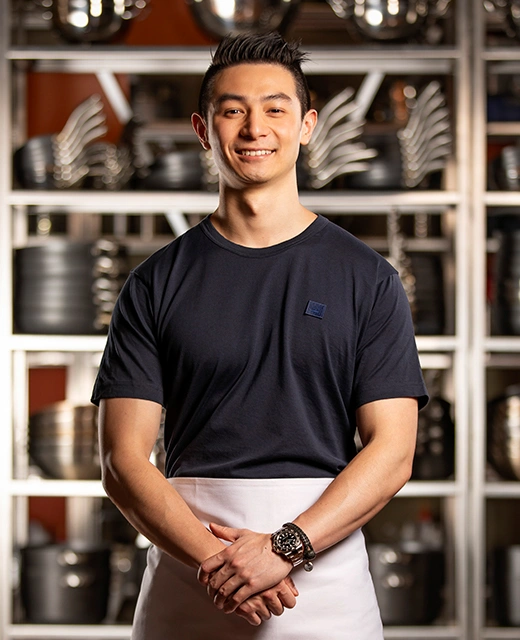
Reynold Poernomo
From camera-shy to culinary stars
Another defining trait of MasterChef accord to Benson is its ability to transform everyday food lovers into bona fide stars, not because they’re chasing fame, but rather, because they’re chasing flavour.
‘Some of our most loved contestants have been the shyest people you could imagine,” says Benson. “Take Reynold Poernomo he could barely look at the camera when he first joined. But his drive and passion for food pushed him through.”
That approach has become a signature of the show. It’s all about the food, not the people. The contestants are just honest, passionate foodies.”
And yes, Benson admits with a laugh, “We do love it when people burn their onions.”
Gordon Ramsay on speed dial
As for bringing in big names to spice things up? Marty’s not shy about calling in a few favours.
“I’ve built up a great relationship with Gordon [Ramsay] over the years. So it’s not that hard for me to put in a call and say, ‘Are you free to kick off the series?’”
He laughs: “I try not to call too often, only when I need to. But he was delighted. He wants to stay relevant, and he wants to be part of MasterChef Australia. It’s as simple as that.”
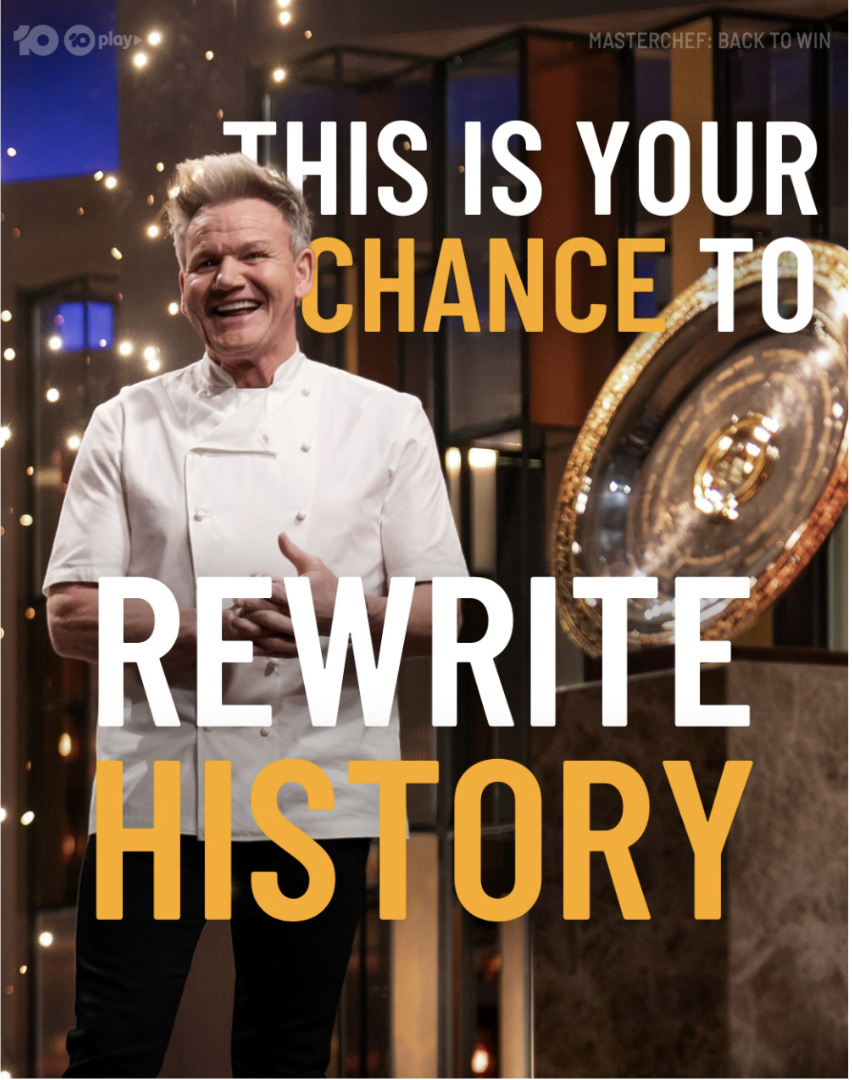
Gordon Ramsay, MasterChef
What to expect in 2025
With new surprises and familiar faces, the 2025 season is shaping up to be both comfort food and creative reinvention. And with a guest appearance by French celebrity chef Jean-Christophe Novelli, who Benson promises “will shock and excite”, the new season is already stirring excitement.
When does Masterchef Australia start?
MasterChef Australia starts on Monday 28 April, 2025 at 7:30pm on 10 and 10 play.
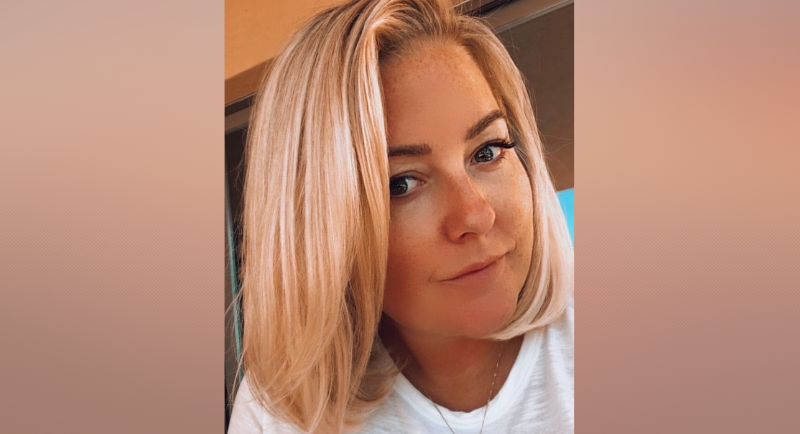
Cureative Studio mourns the loss of renowned graphic designer Vicky Harrop
Vicky Harrop, the renowned graphic designer, has died following a long battle with cancer.
Harrop was the Head of Design Europe for Cureative Studio in Sydney, managing its European division.
In a statement to Mediaweek Managing Director of Cureative Studio, Wayne Brown, paid an emotional tribute to the designer who passed away on April 16, 2025 from a rare form of cancer, Thymic Carcinoma.
Due to the rarity of the cancer and its aggression, Harrop underwent a range of treatments aimed at slowing down the spread of the tumours in the hope she could eventually undergo surgery to remove them.
Her funeral has been held in Marbella, Spain with close family and friends.
A well-known and well-loved figure in the creative and design world, Harrop worked for local and global brands and organisations, also running her own company, Studio of Creatives.
According to her LinkedIn, she had worked all over the world as a “creative team player, who’s energy and enthusiasm thrives on a challenge.”
Wayne Brown paid tribute to the talent of Harrop in a statement, describing the impact she had on him and all who knew her.
“Vicky was a life-long friend, we shared a very special connection from the moment we met back in 2012 working for Manning Gottlieb OMD. Working together never felt like work, it always felt like two friends playing together in the playground.
“No matter how late we were working together she always had time for a practical joke to keep the mood upbeat and positive. We worked at numerous agencies spreading our joy for design, and most recently together at Cureative Studio where she led our European division, helping us to deliver work overnight for our APAC clientele.
“Vicky always had a special place in my heart, her infectious laughter and tenacity for life was rare. She always encompassed a drive that I have not come across in many people and it’s something that she taught me to embrace in life.
“Vicky leaves a huge void at Cureative, but more importantly in the lives of every individual that knew her and that is something we will all need to adjust to in time.
“For now I send out my heartfelt condolences to all that knew Vicky, and we ask that you respect the family’s privacy at this stage.”
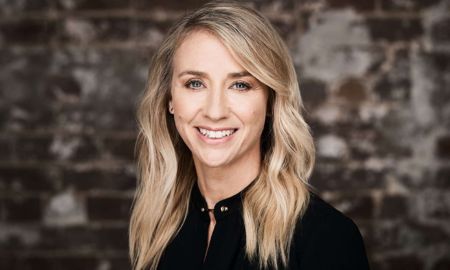
Amanda Laing returns to Nine to lead streaming and broadcast division
Amanda Laing has officially returned to Nine, taking on the newly created role of Managing Director for its Streaming and Broadcast division.
Most recently, she was chief commercial and content officer at Foxtel Group and managing director at Binge.
Mediaweek had reported Laing’s impending move back to Nine in January, with her appointment set to bring together Stan, 9Now, Broadcast Television, and Radio, as the group accelerates its strategic transformation with an operating model reset and a new executive team.
As part of Nine’s strategic transformation program led by CEO Matt Stanton, the business will be streamlined into three consumer-focused divisions: Streaming and Broadcast, Publishing and Marketplaces.
The three divisions will be supported by Group functions working across the business, reducing duplication and introducing consistent, company-wide processes, which are critical for Nine’s ongoing cultural transformation.
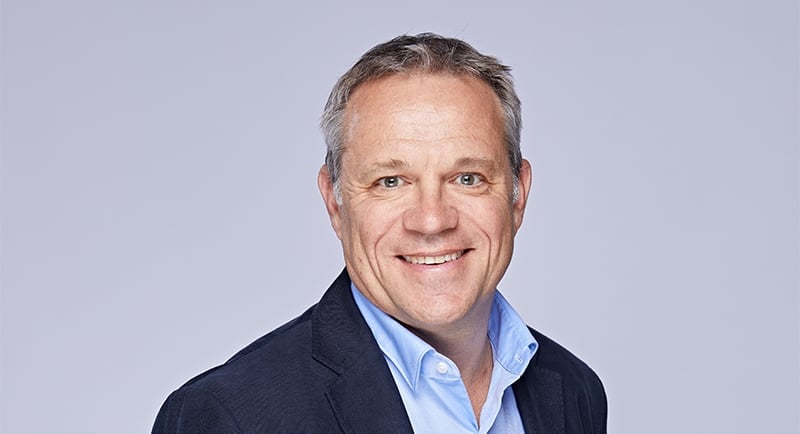
Matt Stanton
Big changes ahead
Laing’s return signals a potential shake-up within Nine as the company continues to adjust to an evolving media landscape. With various divisions now under her purview, including Stan and Nine Television, staff are bracing for further structural changes.
Among those now reporting to Laing are Nine’s Director of Television Michael Healy, Head of Radio Tom Malone, and Stan’s Acting Managing Director Dan Taylor.
Commenting on the reshuffle when it was first announced Stanton said: “Our operating model reset will help accelerate the strategic transformation underway at Nine by improving how the different parts of the business work together.
“Our new approach will better position the business to manage the challenging external environment and ensure the company is future-fit to sustainably deliver for our consumers, partners, shareholders and people.
“Aligned with the greater accountability that flows from resetting the operating model, I’m pleased to unveil a new and focused Executive Team to lead Nine through its next phase of growth.
“The appointment of Amanda, one of the top media executives in the country, will add extraordinary industry expertise and energy to Nine’s experienced Executive Team in 2025,” he said.
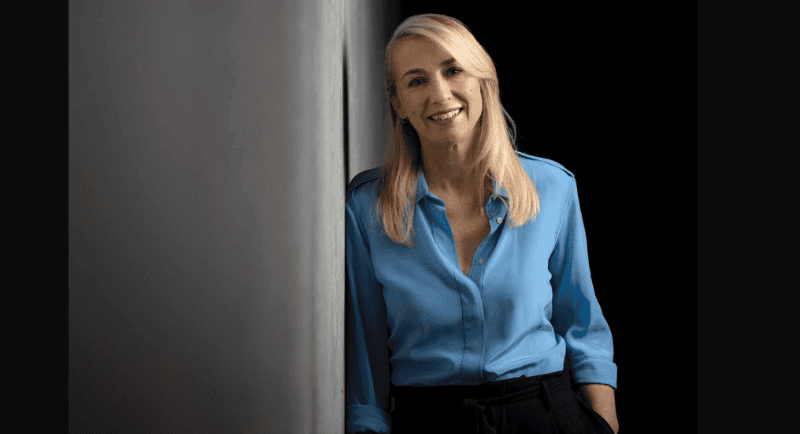
Turbulent times
Laing’s appointment comes at a time when Nine is seeking stability after a turbulent period, marked by the fallout from its Culture Review and the departure of senior executives.
Laing is widely regarded as one of the top media executives in the country, with her track record in content and commercial strategy making her an invaluable asset as Nine steers through these challenges.
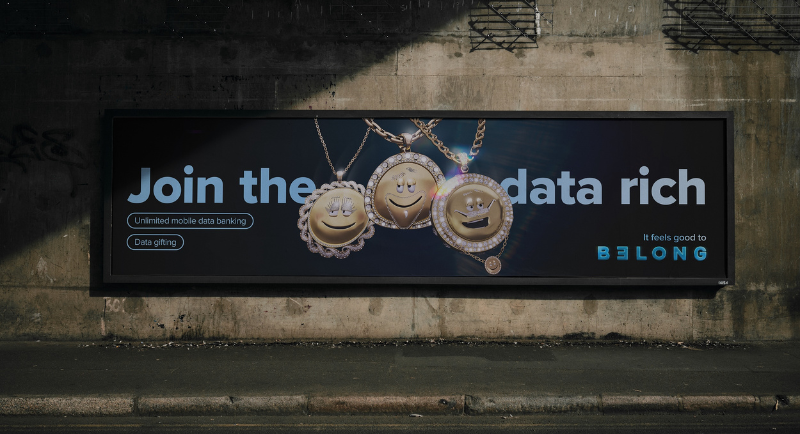
Belong launches Data Rich Opera campaign via DDB Melbourne
Belong helps Aussies get “Data Rich” in ridiculous, operatic-ish campaign via DDB Group Melbourne
Belong has launched an emoji-bling-infused, baroque-meets-hip-hop campaign with UK rapper Taz to show Aussies how to get data rich with unlimited data banking and gifting on their mobile plans.
The Telstra brand teamed up with DDB Melbourne for the ‘Data Rich Opera’ campaign, directed by LA-based Jonny Look through Hooves.
The campaign features emoji bling belting out their love for banking obscene amounts of unused data and music from a mashup of opera and rap, genres synonymous with excess, and features UK rapper Taz, the first UK artist signed by Def Jam Recordings.
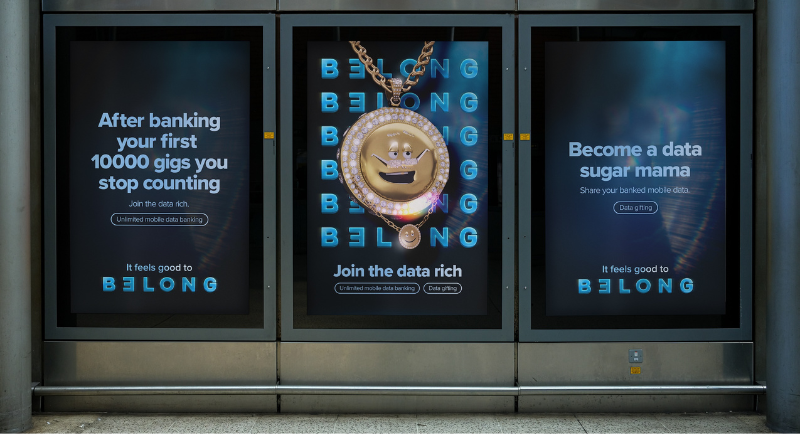
“Belong has always believed everyone should feel free to enjoy the internet,” Joshua Bailey, Head of Marketing and Retail at Belong, said.
“With unlimited data banking and data gifting, our customers get the confidence to scroll, stream, and share—without ever hitting pause. It’s just another way we’re helping Aussies feel more connected and in control.”
Giles Watson, DDB Group Melbourne Executive Creative Director, added: “People love flaunting their data stash, and unlimited banking helps make it the ultimate brag. Working closely with Belong’s in-house team, we turned these great features into a campaign that makes becoming ‘Data Rich’ the ultimate flex for netizens across the country.”
Beyond traditional media channels, the operatic musings of the golden chains deliver highly targeted digital, social, radio and digital out-of-home placements across the country that will bring the ‘Data Rich’ campaign to life in DDB Melbourne’s campaign for Belong.

Credits:
Creative agency: DDB Group, Melbourne
Media agency: OMD
Client: Belong
Chief Marketing Officer: Peita Golden
Head of Marketing and Retail at Belong: Joshua Bailey
Creative Studio Manager: Kate Lightfoot
Marketing Manager: Peter Anastassi
Senior Marketing Specialist: Adelaide L’Estrange
Production Company: Hooves
Director: Jonny Look
Producer: Renae Begent
Executive Producer: John Pace
Animation and Design: T&DA (Technology & Design Artists)
Creative Director: Simon Robson
Executive Producer: Eyvonne Carfora
Sound: Rumble
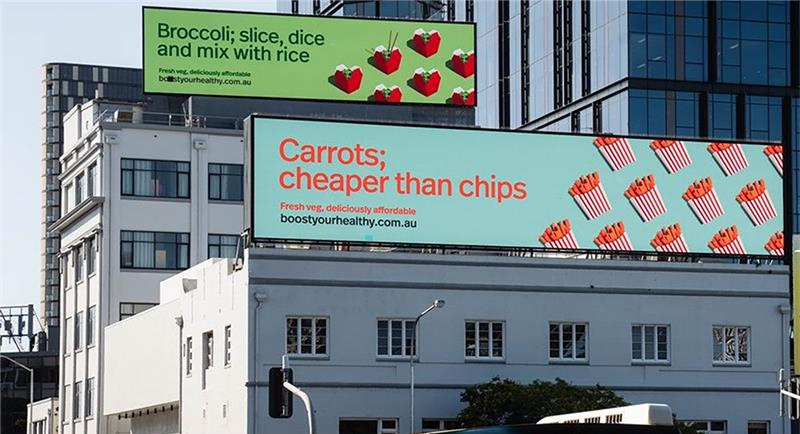
Fresh Veg, Deliciously Affordable Campaign return reaches 9.8 million Australians: OMA
The return of the Fresh Veg, Deliciously Affordable campaign, aimed at driving real behaviour change in promoting healthier eating habits, has reached over over 9.8 million Australians, according to Outdoor Media Association (OMA).
The OOH industry and members of the OMA have so far donated more than $41 million in advertising value since 2021 to encourage Australians to eat more vegetables.
The initiative, Fresh Veg, Deliciously Affordable, was developed in partnership with Health and Wellbeing Queensland and AUSVEG to promote how adding just one extra serve of vegetables benefits health, budgets, and local growers.
In 2025 alone, OMA members contributed $10.6 million in advertising value for the national campaign, which ran from 25 January to 23 February. The campaign was strategically placed across all Out of Home formats.
An independent post-campaign survey commissioned by the OMA and conducted by Dynata also confirmed the campaign’s effectiveness in driving behaviour change with one in three people recalled the creative.
Among them, 92% of parents were reportedly encouraged to include vegetables in meals, lunchboxes, or snacks, 80% felt motivated to make healthier eating choices and 77% were more likely to purchase vegetables on their next shop.
The survey also found 77% saw vegetables as a convenient way to improve health and 72% were encouraged to visit the boostyourhealthy.com.au website for more information.
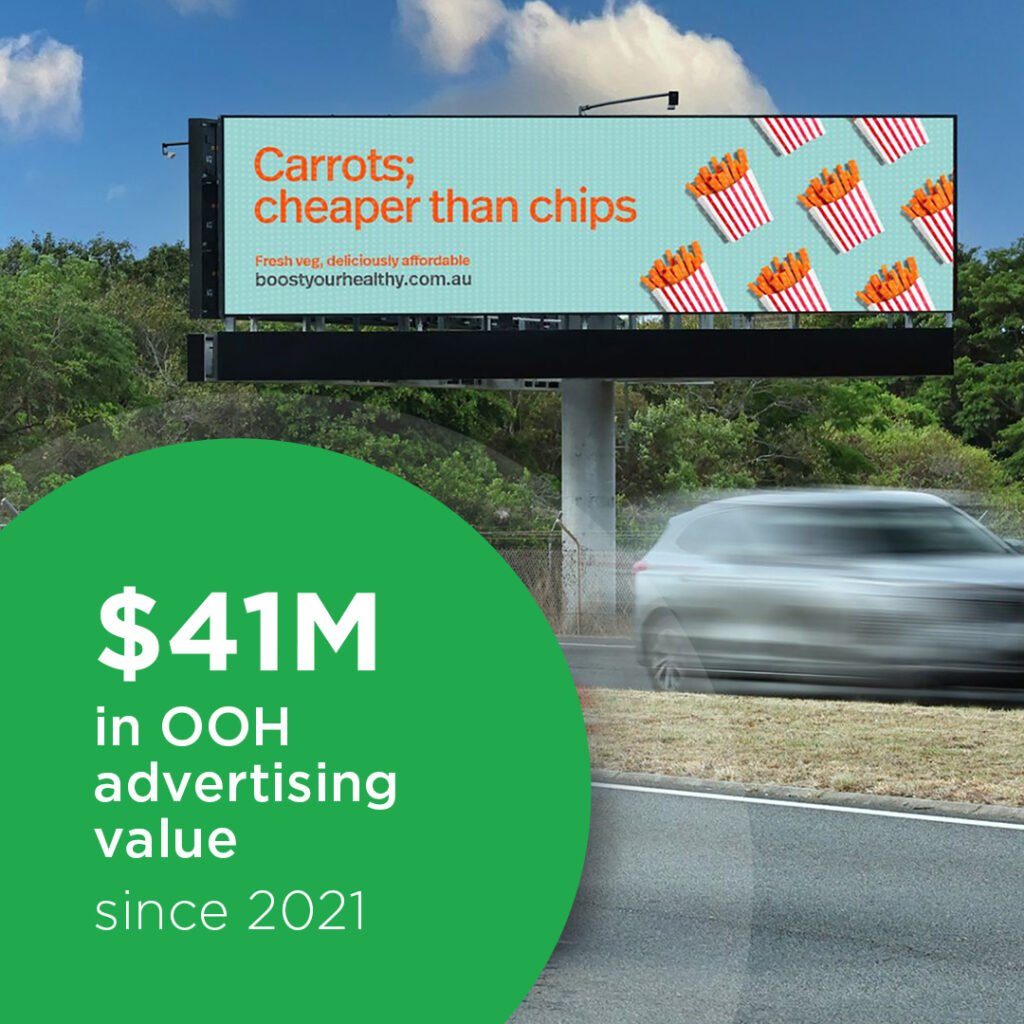
OMA on the power of collaboration between government and the OOH industry
“These results reinforce how Out of Home advertising drives positive consumer behaviour, supports government initiatives, and promotes community wellbeing,” Elizabeth McIntyre, OMA CEO, said.
“It also demonstrates the power of collaboration between government, industry and Out of Home in delivering meaningful public health campaigns.”
Dr Robyn Littlewood, Health and Wellbeing Queensland CEO, added: “The evidence is clear: eating more vegetables is one of the smartest and most affordable things you can do for your health. We’re proud to continue working with the Outdoor Media Association to amplify this life-changing message.”
Michael Coote, CEO of AUSVEG said ‘It’s fantastic to see such positive results driving real behaviour change and encouraging Australians to eat more vegetables. AUSVEG is proud to partner with the Outdoor Media Association on this important campaign.
“Eating more vegetables is a simple choice that delivers big rewards for your health, your hip pocket, and Aussie growers.”
The Out of Home industry remains the only medium in Australia with an industry-specific policy, restricting occasional food and drink advertising around schools.
The OMA National Health and Wellbeing Policy, launched in 2020, was a world-first initiative, setting a national standard for responsible advertising.
Election 2025
YouTube carves out a win as election debate highlights big tech double standard
As Cam Wilson writes on Crikey, both claimed they were tough on social media companies, in a performance clearly designed to win cheap political points.
Despite bipartisan support for the Online Safety Act’s new teen social media restrictions, YouTube, has been quietly handed a major exemption, leaving rivals fuming.
Clive Palmer’s ad blitz drives political spend to record highs ahead of election
Nielsen and RCS Media Monitoring data shows Palmer tipped in $16.3 million over six weeks, leaving the Liberals and Labor trailing with $5.9 million and $5.5 million respectively.
As James Manning reports in The Australian, despite a growing shift to digital, traditional media remains the big winner.
Parties chase youth vote as generational marketing takes over election campaigns
As Angus Holland writes in The Age, from TikTok clips to podcasts with influencers and DJ sets in nightclubs, major parties are spending big to meet voters where they scroll, swipe and stream.
The rise of youth-focused messaging marks a broader change in political marketing, where traditional voter segmentation is being replaced by generational branding strategies.
Fowler candidate’s offensive social media posts uncovered
As Fiona Willan reports on ABC News, the posts included derogatory comments about Indigenous Australians and a personal attack on Environment Minister Tanya Plibersek.
The controversy, stems from posts made during the Voice to Parliament debate.
AEC crackdown highlights risks for political advertising and satire
As Daanyal Saeed writes in Crikey, in a letter sighted by the politician, the AEC flagged that Gread’s use of Liberal branding could breach electoral laws against misleading voters.
The case spotlights how tightly controlled political advertising must be, especially when branding, logos and party affiliations come into play.
How trustworthy are influencers when it comes to covering the election?
As Jessica Bahr reports for the SBS, for the first time, content creators like Milly Rose Bannister and Hannah Ferguson were flown to Canberra to cover the federal budget, bringing serious issues to TikTok and Instagram audiences.
Instead of traditional articles, these creators delivered budget breakdowns via reels, stories and short-form videos, sparking real engagement among younger voters.
Television
Tensions flare as sport and media figures clash ahead of Brisbane 2032
As Andrew Webster and Jessica Halloran report in The Australian, Sully says her approach was professional and based on a decade of leadership experience across two Olympic cycles.
As the AOC prepares for a major era leading into Brisbane 2032, the tussle highlights how media identities with strong sporting credentials are becoming key players off the field.
Amanda Laing’s Nine return signals bigger push to unify streaming and broadcast
As David Knox writes on TV Tonight, her remit spans Stan, 9Now, TV and radio, giving her sweeping control as CEO Matt Stanton reshapes the media giant’s future.
Laing’s appointment is already sending ripples through the industry, with major commercial and content strategies now expected to be more tightly aligned.
Radio
ARN’s AI voice creator speaks out on ‘presenter’ Thy as bigger questions remain unanswered
Released quietly on the Anzac Day public holiday and posted to the ElevenLabs platform, the AI voice technology company used to create Thy, wrote:
“Thy was created with ElevenLabs’ AI voice technology. She’s based on an ARN Media employee who works in finance and gave consent for her voice to be used. Within an hour of uploading the voice samples, the synthetic version was live.”
Social media
Facebook’s Australian ad revenues climb despite slow market conditions
As Sam Buckingham-Jones writes for The Australian Financial Review, Meta’s Australian subsidiary, which encompasses Facebook, has seen a $110 million boost in revenue from the previous year.
However, a significant portion of this, $1.25 billion, has been paid to Meta’s international entities for services, a sum that’s up $100 million from 2022.
Tech
Skype’s decline signals shift in digital communication
As Adrian Horton writes for The Guardian, once the go-to platform for long-distance calls, it was overtaken by more seamless, professional alternatives like FaceTime and Zoom, which offered higher-quality video and integrated services.
Microsoft’s decision to shut down Skype on May 4 and integrate its features into Teams speaks to the growing dominance of streamlined, business-centric platforms.
Retail
Are Australian’s falling out-of-love with makeup giant Mecca?
As Angelica Snowden writes for The Daily Telegraph, beauty enthusiasts have been taking to social media criticising the company’s products and quality.
Despite having a massive presence, Mecca’s success is partly due to the delayed arrival of competitor Sephora, which allowed Mecca to solidify its hold on the beauty market.
